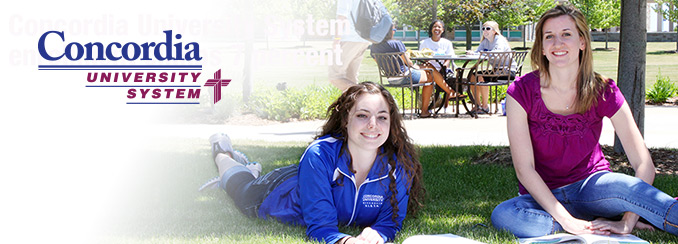Something has got to give. . .
I have always thought that we need two different types of colleges,
liberal arts colleges and professional colleges. Liberal arts colleges
can have very high admission standards, no quotas, and continue to
recruit only the ‘best of the best’ American youth, and can dispense
with most ‘babysitting’ administrative offices, all varsity athletics,
etc. Professional colleges, whose chief purpose is to get young people
jobs, can simply teach business skills and basic math. The latter can
generally function online, like the University of Phoenix, which does a
perfectly good job with this sort of thing – and again, you can dispense
with all the administrative functions, get rid of dorms/residencies,
get rid of varsity sports, etc. The latter could become dirt-cheap,
potentially even free (i.e., taxpayer-funded), since running an online
curriculum costs almost nothing.
The problem is that most state universities want to be all these things
at once – a babysitting service, a professional sports team, a liberal
arts academy, a research facility, and a job training agency.
There is much wisdom here. I wonder if those who ponder the future of church colleges are listening. We tend to have the Pauline model in mind -- be all things to all people! We think that the best model of a church colleges and universities is to be everything a successful state school is (defining success by size) and then adding a little Christian frosting to the largely secular cake. We Lutherans are not the only ones who are struggling with what it means to be a Lutheran institution. The Roman Catholics are also complaining about colleges and universities who bear only the slightest resemblance to their church sponsors and in which faith seems to be peripheral to what happens in the classroom and on the campus instead of at the core and center of it all.
Maybe this is exactly what we need to do -- to embrace the vision of a liberal arts college and ditch the expensive frills that seem to be front and center even on Lutheran campuses. I don't know. But what I do know is that the mission of our colleges and universities has dramatically changed whether we noticed or not. Nearly every Concordia was established to be first and foremost a school not merely of the church but for the church -- producing church work students for the positions of Lutheran pastor and parochial school teacher. Now these are distinct and, in some cases, largely absent identities on campuses that now train Christians to fulfill their Christian callings in the world. It appears that there are not even enough Lutheran students to keep the majority of our campuses Lutheran in faculty, staff, and student body. Is this the shape of Lutheran institutions of higher learning or are there other choices and models? This is what we will be wrestling about for some time both in the church and within the very institutions themselves.
There are some Lutheran deep pockets but not enough of them for us to be all things to all people. So whether we want to or not, we will have to choose who we are and who we want to be in the future. I hope that this conversation is taking place among the administrators of the schools, the Concordia University system itself, and within the general population of the Lutheran churches who own and sponsor these schools. We have no place to hide from the coming future and it is best for us all to have these conversations out in the open and quickly or we will squander the time and resources God has given us -- wasting both opportunity and the dollars that could clear up the muddy waters.

Give the teachers/student teachers moral and monetary support. Don't overload them with extra-curricular programs. Principals, listen to their ideas. Teach objectives, but don't rigidly use Bloom's Taxomony.
ReplyDeleteWasn't there the recent education summit in Atlanta? I think there are plenty of ideas about what do do with CUS and how to renew orthodox institutions of learning from K-graduate, but is there the will and leadership to have difficult and complex discussions that would undoubtedly leave some or all of the CUS institutions to fend for themselves, which surely means some closures. The Synod is already servicing a huge amount of debt for the CUS, so it seems that the institutions are already not viable. The question remains whether the Synod will squander valuable resources delaying the inevitable.
ReplyDeleteAlso, for all of the hoopla about Mequon they are committed to an enrollment-driven model that has now also been extended to CUAA. The start large # varsity athletic programs (e.g. FB), take on massive debt to build fancy residences halls, fitness centers, and athletic facilities, and spread already thin resources to establish new popular academic programs is a recipe for watering down theological distinctiveness and ultimately become just another overpriced, academically mediocre option amidst a sea of such options. I think Pr. Peters is right on about taking advantage of the time we have to strengthen institutions that are faithful and lay the foundation for new models that might not look like what we have come to think "school" should be.
"Wasn't there the recent education summit in Atlanta?"
ReplyDeleteThere have been Concordia University System (CUS) meetings in Peachtree, Ga., in October 2014, and in Asheville, N.C., Feb. 9, 2015. They were discussed in the February 24, 2015, Reporter article, "CUS presidents embrace identity statement," which also presented a "Lutheran Identity Standards for CUS Institutions."
Given events at the Concordias in Irvine, St. Paul, Portland, Chicago, and Bronxville, Romanist Deacon Brian Hughes' February 24, 2015, response to the Reporter article is relevant: "Follow through is the essence of commitment."